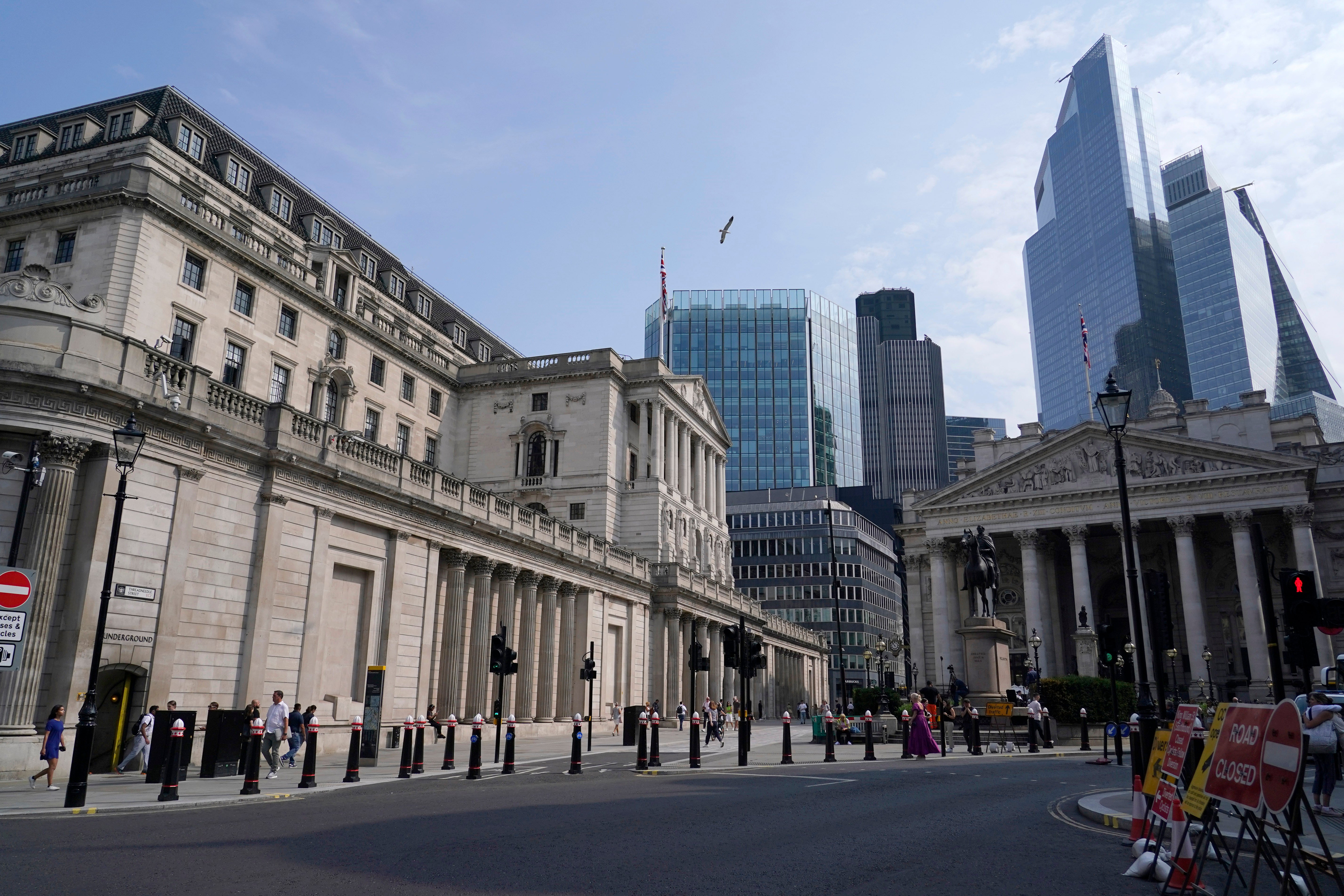UK inflation rises further above Bank of England's target in November
Inflation in the U.K. has risen to its highest level since March, driven by an increase in fuel prices last month

Your support helps us to tell the story
From reproductive rights to climate change to Big Tech, The Independent is on the ground when the story is developing. Whether it's investigating the financials of Elon Musk's pro-Trump PAC or producing our latest documentary, 'The A Word', which shines a light on the American women fighting for reproductive rights, we know how important it is to parse out the facts from the messaging.
At such a critical moment in US history, we need reporters on the ground. Your donation allows us to keep sending journalists to speak to both sides of the story.
The Independent is trusted by Americans across the entire political spectrum. And unlike many other quality news outlets, we choose not to lock Americans out of our reporting and analysis with paywalls. We believe quality journalism should be available to everyone, paid for by those who can afford it.
Your support makes all the difference.Inflation in the U.K. has risen to its highest level since March, driven by an increase in fuel prices last month, official figures showed Wednesday.
The Office for National Statistics said consumer price inflation rose by 2.6% in the year to November, up from 2.3% the previous month. The increase, which took inflation further away from the Bank of England's target of 2%, was in line with market expectations.
This is the biggest increase since March and the second rise in two months and will likely cement market expectations that the Bank of England will keep its main interest rate unchanged at 4.75% after its policy meeting on Thursday.
Rate-setters had anticipated a pick-up in inflation when the central bank last cut rates in early November as price pressures eased earlier in the year — in September, inflation had fallen to its lowest level since April 2021.
Still, inflation in the U.K. and across the world is far lower than it was a couple of years back, partly because central banks dramatically increased borrowing costs from near zero during the coronavirus pandemic when prices started to shoot up, first as a result of supply chain issues and then because of Russia’s full-scale invasion of Ukraine which pushed up energy costs.
As inflation rates have fallen from multidecade highs, the central banks have started cutting interest rates, though few, if any, economists think that rates will fall back to the super-low levels that persisted in the years after the global financial crisis of 2008-9.
Recent developments have scaled back expectations of rapid cuts from the Bank of England.
Critics have argued that the new Labour government's first budget in October will lead to higher inflation. The extra public spending announced in the budget will be largely funded through increased business taxes and borrowing. Economists think that the splurge, coupled with the prospect of businesses cushioning the tax hikes by raising prices, could push inflation higher than it otherwise would have been.